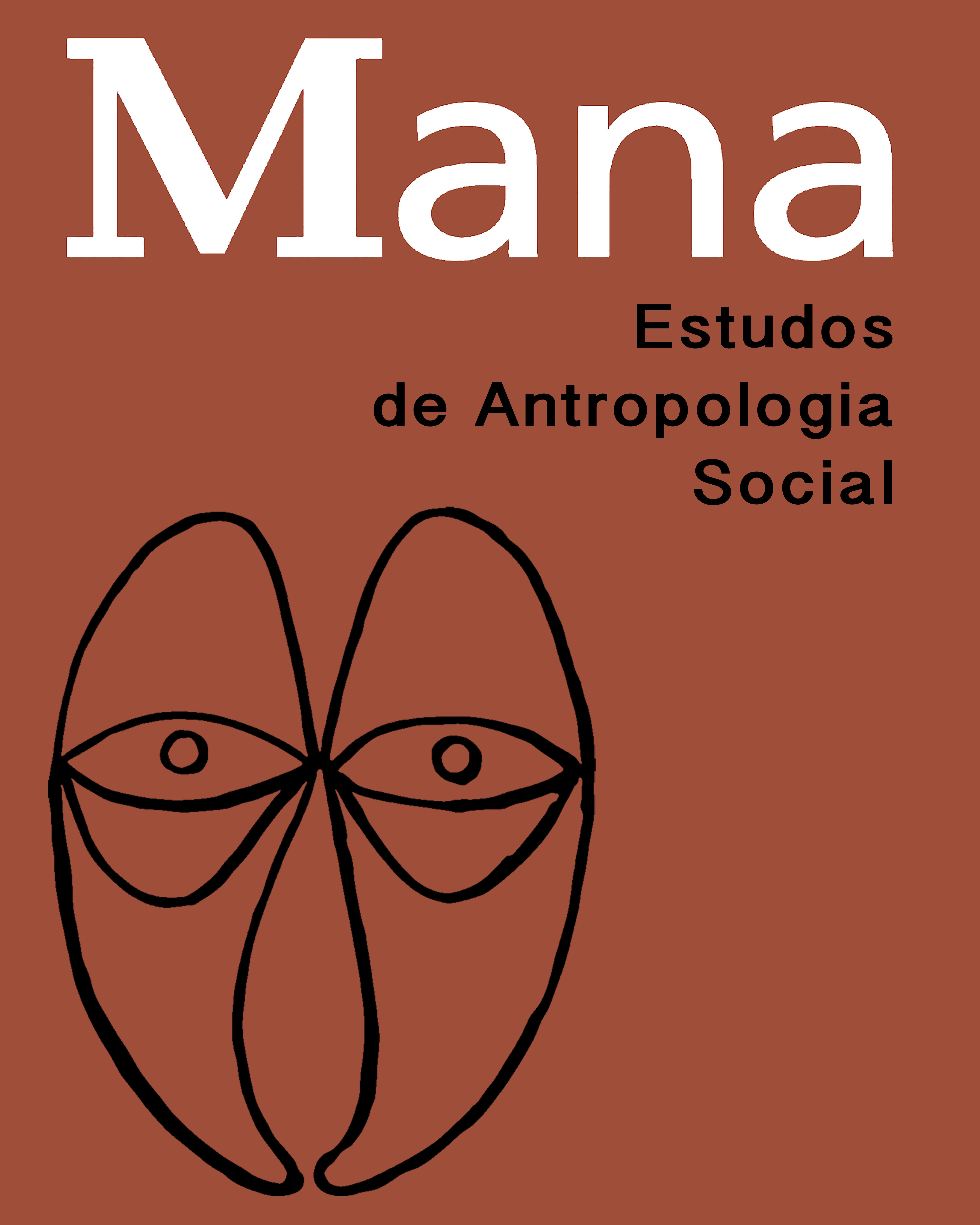Abstract
How are loyalties and narratives of heroism reconfigured by the ruptures and reflections of former armed militants who recognize their crimes? How do the various parties involved, directly or indirectly, interact in conflicts in their communities? This article analyzes the narratives and emotions in tension around the figure of former ETA militants who left that organization, from a critical break with their own acts of violence, declaring themselves dissidents. As part of that they decided to meet with the relatives of the victims they generated, assume civil responsibilities and, principally, make public their breakup. But those movements had conflicting resonances between their relatives, neighbors and the media that read such dissidences as regrets or betrayals. The text is based on ethnographic records on the current situation of review of violence committed and suffered in the current Basque peace process managed by the Basque government´s Secretariat of Peace and coexistence (Spain)
Key words:
Former ETA Militants; Regrets; Restaurative Encounters; Tensions; Coexistence
